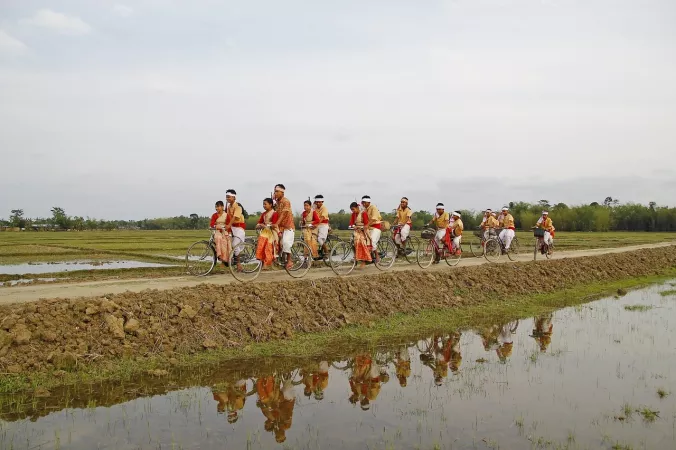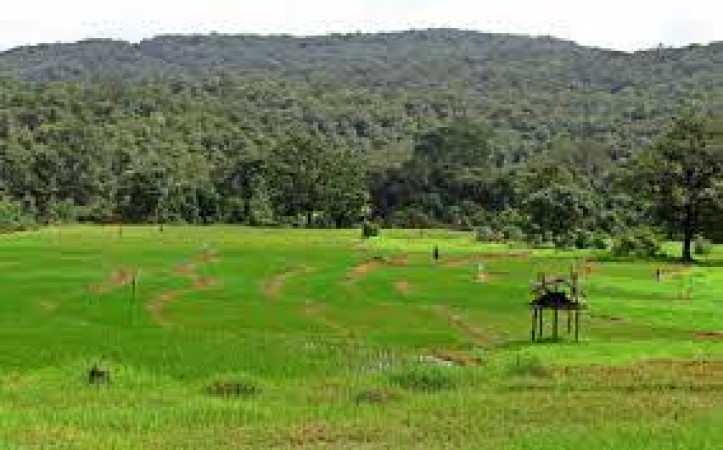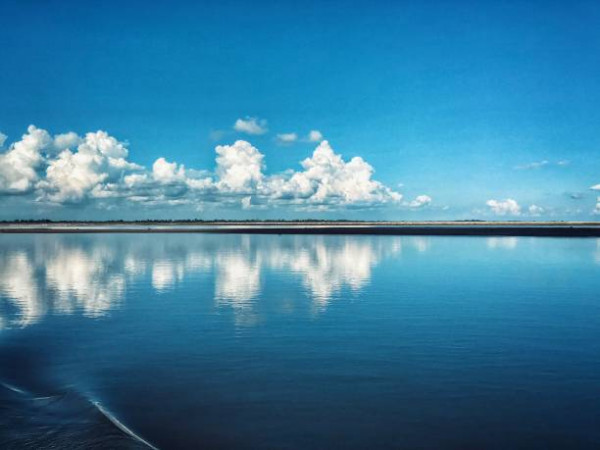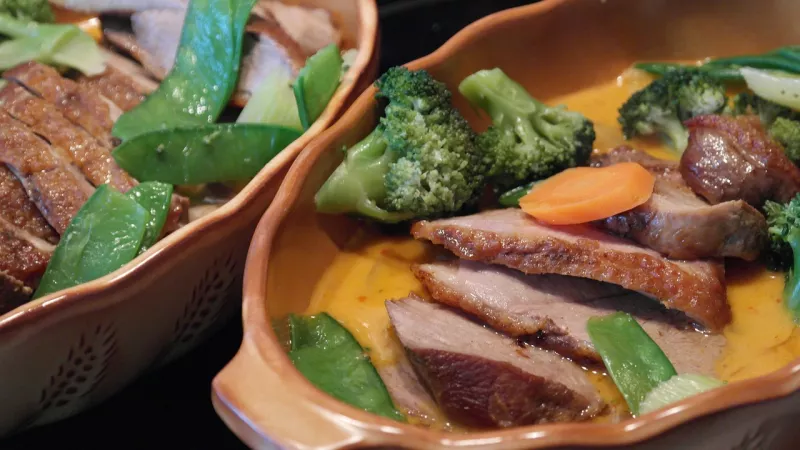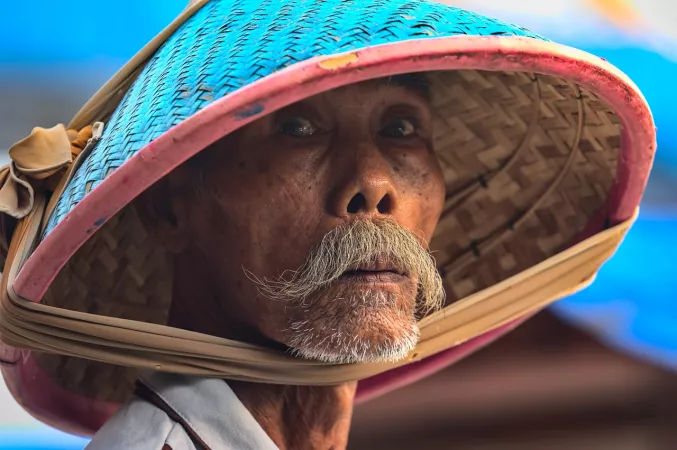Nalbari Travel Guide
Nestled in the heart of Assam, Nalbari is a hidden gem waiting to be explored. This quaint town boasts a rich historical heritage, with roots dating back to ancient times. Surrounded by lush greenery and picturesque landscapes, Nalbari is a paradise for nature lovers. Its cultural significance is evident in the vibrant festivals and traditional arts that thrive in the region. Nalbari is famous for its serene beauty, warm hospitality, and unique cultural experiences that offer a glimpse into the heart of Assam.Top Attractions in Nalbari
- Barhepeta Ruins
- Kamakhya Temple
- Basistha Ashram
- Manas National Park
- Umananda Island
Nalbari is Famous for
Tea plantations and wildlife sanctuaries.Top Attractions in Nalbari
- Explore the ancient ruins at Barhepeta
- Seek blessings at the Kamakhya Temple
- Experience peace at Basistha Ashram
- Spot wildlife at Manas National Park
- Take a boat ride to Umananda Island
What's Great about Travelling to Nalbari?
- Perfect for nature enthusiasts
- Rich cultural experiences
- Off the beaten path destination
What's Not So Great about Travelling to Nalbari?
- Limited luxury accommodations
- Not ideal for shopping enthusiasts
- Language barrier for non-local tourists
Travel Tips for Nalbari
- Obtain necessary permits for visiting wildlife sanctuaries
- Respect local customs and traditions
- Book accommodations in advance
Important Nalbari trip information
- Ideal Duration: 3-4 days
- Best Time to Visit: October to March
- Nearby Airports and Railway Stations: Lokpriya Gopinath Bordoloi International Airport, Guwahati; Nalbari Railway Station
Top 14 Places to visit in Nalbari
FAQ's on Nalbari
Q1: What is the best time to visit Nalbari?
The best time to visit Nalbari is during the winter months from November to February when the weather is pleasant and ideal for exploring the region. This period also coincides with festivals like Magh Bihu and Kati Bihu, offering a cultural experience. Avoid the monsoon season from June to September due to heavy rainfall that can disrupt travel plans.
Q2: Do I need a visa to travel to Nalbari?
Most tourists visiting Nalbari will need a tourist visa to enter the country. However, some nationalities may be eligible for visa-on-arrival or visa-free entry. It is advisable to check with the local embassy or consulate for the most up-to-date visa requirements before traveling.
Q3: What are the must-visit attractions in Nalbari?
Nalbari offers a range of attractions for travelers, including the Nalbari Palace, Pari Hareswar Devalaya Temple, and the scenic Ghagrapar Hill. Nature lovers can explore the Nalbari Reserve Forest or visit the picturesque Pagladia River. Don't miss experiencing the vibrant local markets and sampling Assamese cuisine for an authentic cultural experience.
Q4: Is Nalbari a safe place to travel?
Nalbari is generally a safe destination for travelers. However, it is advisable to take standard precautions such as safeguarding belongings, avoiding isolated areas at night, and being cautious in crowded places. Stay informed about local news and follow any travel advisories issued by your government.
Q5: What is the local currency in Nalbari and can I use credit cards?
The local currency in Nalbari is the Indian Rupee (INR). While major cities and tourist areas may accept credit cards, it is recommended to carry cash for transactions in smaller establishments and rural areas. ATMs are available in Nalbari town for convenient access to cash.
Q6: What is the local cuisine like in Nalbari?
Nalbari offers a rich culinary experience with Assamese cuisine known for its flavors and use of local ingredients. Sample traditional dishes like Masor Tenga (sour fish curry), Aloo Pitika (mashed potatoes), and Khar (alkaline preparation). Vegetarians can enjoy dishes like Omita Khar, prepared with papaya and lentils. Don't miss trying Assam tea and Pitha (rice cakes) for a taste of local specialties.
Q7: What transportation options are available in Nalbari?
Transportation options in Nalbari include buses, auto-rickshaws, and taxis for local travel. Renting a car or hiring a driver is also a convenient way to explore the region. Public buses connect Nalbari to nearby towns, while private taxis offer flexibility for sightseeing. Travelers can also use mobile apps for booking cabs or opt for cycle rickshaws for short distances.
Q8: Are there any cultural norms or etiquette I should be aware of when visiting Nalbari?
When visiting Nalbari, it is important to respect local customs and traditions. Dress modestly, especially when visiting religious sites, and remove footwear before entering temples or homes. Greeting with a Namaste is common, and it is polite to accept tea when offered as a sign of hospitality. Avoid public displays of affection and be mindful of local sensitivities. Learning a few basic phrases in Assamese can also enhance your travel experience and show respect for the local culture.
Q9: I am a travel agent. How can I buy travel leads of Nalbari?
Register yourself as a travel agent at agents.tripclap.com and then you can buy travel leads to Nalbari once your account is approved. For more details contact our support team at +91-8069186564 or support@tripclap.com
